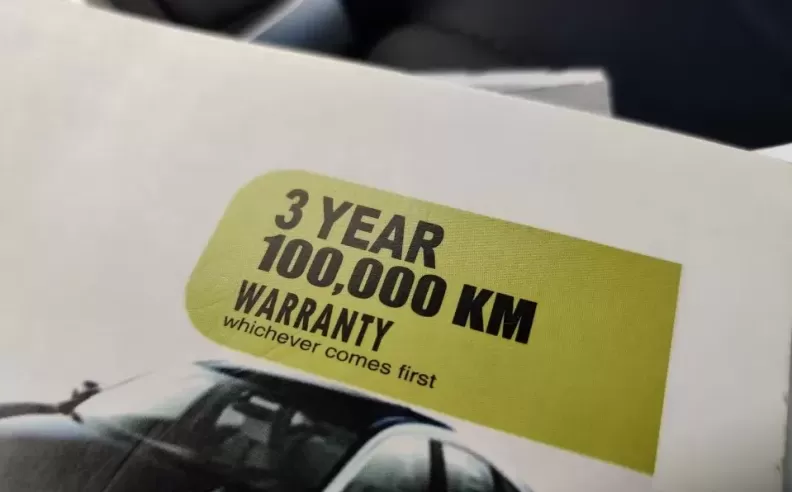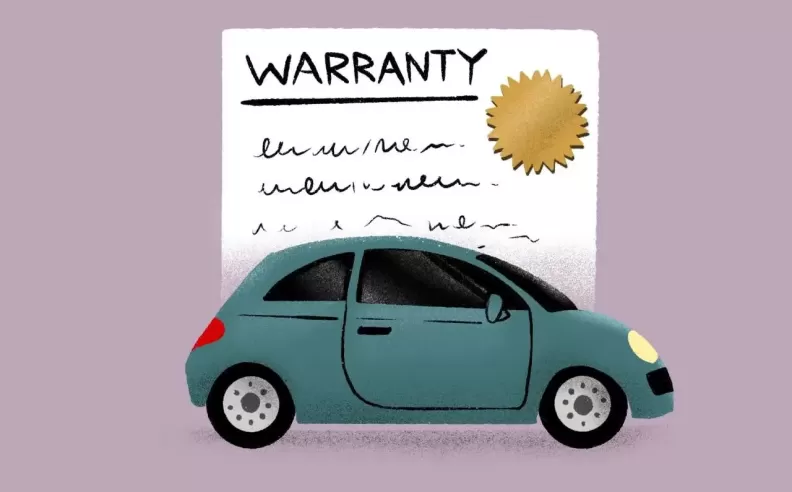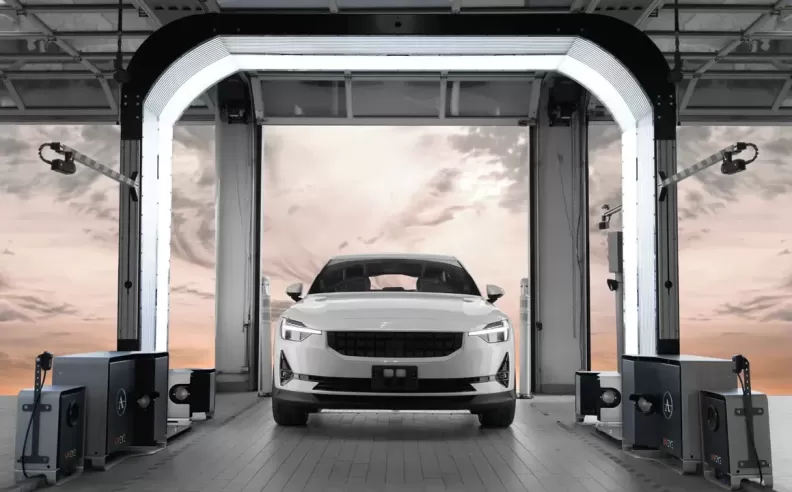
When purchasing a car, it is easy to be captivated by the vehicle's design, performance, and features. However, amidst the excitement of owning a new or used car, one crucial aspect that must not be overlooked is the car warranty. A car warranty serves as a protective shield for your investment, providing peace of mind and financial security in case of unforeseen mechanical failures or defects. In this article, we will delve into the basics of car warranties and the rules you should be aware of when making your purchase.

A car warranty is a legally binding contract between the vehicle manufacturer or dealership and the car owner. It guarantees that the manufacturer will repair or replace any covered parts or components that fail due to defects or workmanship issues during a specific period or mileage limit. The main purpose of a car warranty is to safeguard the consumer against unexpected repair expenses, thereby ensuring the longevity and reliability of the vehicle.

Manufacturer's Warranty: Also known as the factory warranty, this type of warranty is provided by the vehicle's manufacturer and typically covers the entire vehicle or specific systems for a set period, usually three to five years. Manufacturer's warranties usually come in two parts: bumper-to-bumper coverage and powertrain coverage.
Bumper-to-Bumper Coverage: This warranty covers most parts and systems of the vehicle, excluding wear and tear items like brake pads, tires, and routine maintenance services.
Powertrain Coverage: This covers the engine, transmission, and other vital components that make the car run. It is typically longer than bumper-to-bumper coverage.
Extended Warranty: Some manufacturers and third-party providers offer extended warranties, which extend the coverage beyond the standard factory warranty period. Extended warranties can be purchased at an additional cost and may cover various components depending on the plan chosen.
Certified Pre-Owned (CPO) Warranty: When buying a certified pre-owned vehicle, the manufacturer or dealership may offer an extended warranty tailored to CPO vehicles. This warranty provides additional coverage and benefits compared to a standard used car warranty.

Coverage Details: Before finalizing a car purchase, thoroughly review the warranty document to understand what is covered and what is not. Pay attention to the duration of coverage, mileage limitations, and any exclusions or conditions.
Regular Maintenance Requirements: Car warranties often require the owner to adhere to regular maintenance schedules outlined in the owner's manual. Failing to maintain the vehicle properly could void the warranty for certain components.
Repairs at Authorized Service Centers: Many warranties stipulate that repairs must be performed at authorized service centers. This ensures that qualified technicians use genuine parts to fix the car, maintaining the warranty's validity.
Transferability: Check if the warranty is transferable to subsequent owners. A transferable warranty can enhance the resale value of the vehicle.
Deductibles: Some extended warranties might come with deductibles, requiring the owner to pay a certain amount for each repair visit. Understand the deductible amount and its impact on potential future expenses.
A car warranty is a critical aspect that demands thorough consideration when purchasing a vehicle. Understanding the basic rules and types of warranties can prevent unpleasant surprises and save you from unexpected repair costs down the road. Take the time to review the warranty documents, ask questions, and negotiate if necessary to ensure you get the best coverage possible. With a comprehensive warranty in place, you can drive your new car with confidence and enjoy your ownership experience to the fullest.

Wael is an automotive content writer specializes in creating written content for Motor 283. Producing a wide range of content, including blog posts, articles, product descriptions, reviews, and technical guides related to cars, trucks, motorcycles, and other vehicles, with an unprecedented passion for cars, and motorcycles.

